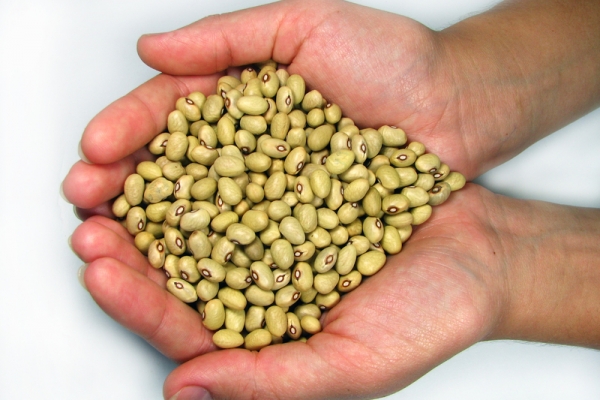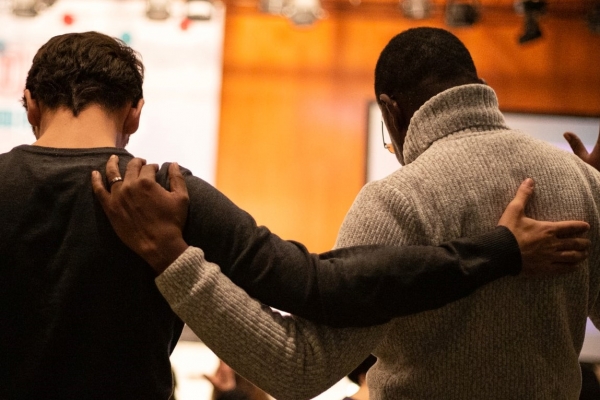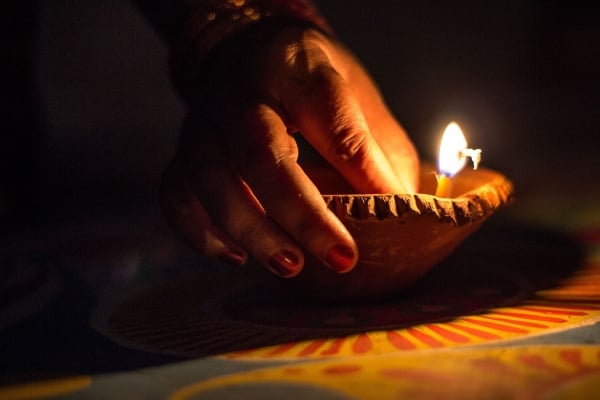
Sharing the Treasure: The Heart of the Great Commission
A number of years, ago a young couple came to our office. My wife and I went out to eat with them, and over the meal they asked me a question that no one had ever asked me before: “What does it mean to be a success in Christar?”
Knowing that the mission statement of Christar is, “Christar exists to glorify God by establishing churches among the least-reached,” you would think that the most appropriate response would be,
“To be a success in Christar is to establish churches in communities where they did not previously exist.”
That was not my answer. Instead I replied, “To be a success in Christar is to have a deeper love for God when you return from the field than when you left.”
Why would I say such a thing? Because the most important commandment in the Bible is not the Great Commission. The greatest commandment, according to Jesus (Matthew 22:37), is found in Deuteronomy 6:4-5: “Hear, O Israel! The LORD is our God, the LORD is one! You shall love the LORD your God with all your heart and with all your soul and l all your might.” (NASB 1995)
God created mankind to enter into His joy by loving Him; and in doing so, we bring glory to Him. He made us to honor Him by choosing Him above all else with every part of our being. This kind of love is:
- Exclusive, not inclusive: This is not unique in relation to our love for God. Standing before my bride in 1984, I said "I love you." That meant, by natural consequence, that I was saying to every other person in this world, “I choose her and not you.” One of the restrictions of humanity is that we are not able to love everyone equally. When we choose God, we say “no” to other things—even good things.
- Hierarchical: Jesus described our love for God as superior even to our love for our physical family (Luke 14:26). It is not that we don’t love our parents, siblings or children—we certainly do! But we give our relationship with God the highest priority so that, when we’re required to choose between the Lord and our loved ones, our actions and attitudes will demonstrate that we seek to glorify Him above all. (Matthew 8:21-22)
- All-Encompassing: We do not compartmentalize our lives but choose God with everything we are. As Phillip Ryken states in his excellent book Loving Jesus More, "When the Bible tells us to love God with mind, heart, soul, and strength, it is not telling us to do four different things but giving us four different ways to do one and the same thing. The point is to love God with everything we have." (emphasis mine)
Such a love is more costly than someone who does not know God would consider. But we are compelled to this kind of love because He first loved us (1 John 4:19)—so much that He sent His only Son to redeem us.
As we respond to God’s love, we quickly recognize His beauty and glory. The chapters in Deuteronomy that surround the Great Commandment reveal Him as compassionate, faithful and just, our glorious and great God who goes ahead of us like a consuming fire, who delivers us and provides for us. His is the God of Gods, and Lord of Lords, awesome and worthy to be honored with all we are and everything we have.
God’s worthiness compels us to participate in making His love for us, and for all mankind, known among the nations. An all-encompassing love for Him results in a desire that others will experience the joy of loving Him as well and a willingness to do whatever He calls us to do for the sake of His glory among the nations.
The heart the Great Commission is the Great Commandment. May we, first and foremost, overflow with love for our Lord.

Dr. Steve Coffey, Director of Christar U.S., began work with Christar in 1989. He and his wife, Beth, initially served among North African immigrants in France. In 2001, they returned to the U.S. for Steve to lead the Christar Church Planting Division. In 2005 he became Director of Christar. Before serving with Christar, the Coffeys worked for a year in a humanitarian project in the Red Sea hills of Sudan among the Beja people. Dr. Coffey’s education includes an undergraduate degree in history education from Liberty University, a Master of Divinity from Liberty Baptist Theological Seminary and a Doctor of Strategic Leadership from Regent University. The Coffeys have three children and four grandchildren.
Each month Steve shares insights on how God is at work among the least-reached through Christar and its partners. Check out his Sharing the Treasure series.




















